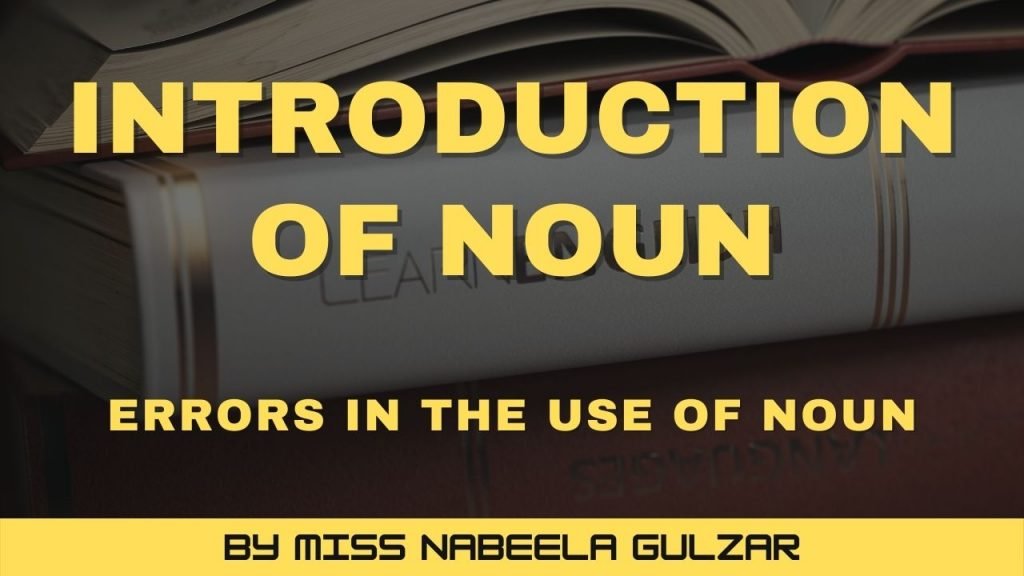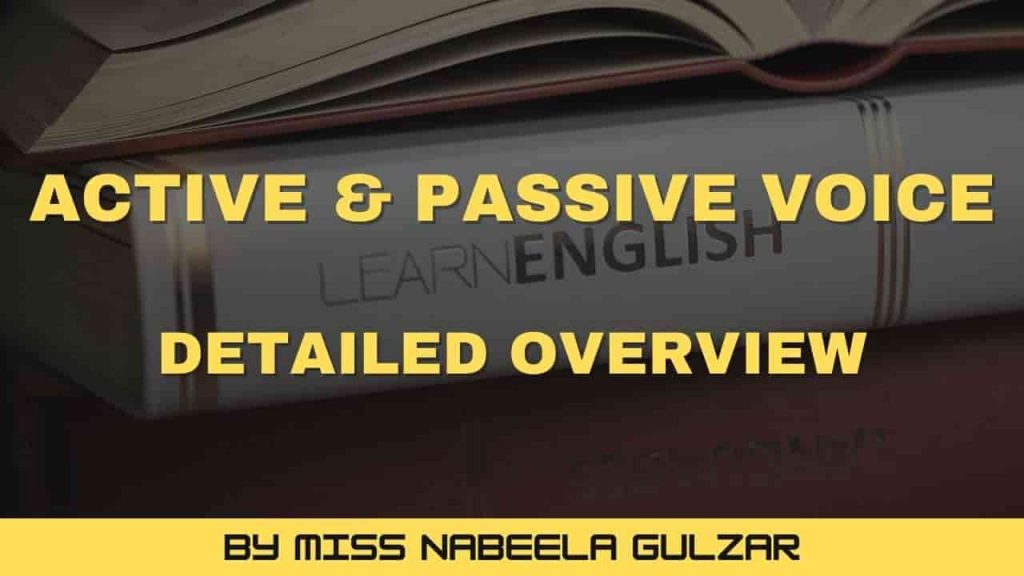Errors in the use of Infinitives
What is Infinitive?
A word which is not limited by the person or number of the subject is known as an infinitive. It, in fact, is a kind of noun. So it is treated as a verb noun.
Formation of an Infinitive:
Add ‘to’ before the first form of the verb. eg.
| verbs | Infinitives |
| Go | To go |
| Eat | To eat |
| Run | To run |
| speak | To speak |
Rule no 1
Write infinitive together. As, To play, to go. Don’t write anything between them.
Example
i. I hope to thoroughly master the subject within a few months. (incorrect)
I hope to master the subject thoroughly within a few months. (correct)
ii. I went there to personally watch the situation. (incorrect)
I went there to watch the situation personally. (correct)
iii. Try to immediately call the doctor. (incorrect)
Try to call the doctor immediately. (correct)
Rule no 2
Do not use the ‘to’ of infinitives with the following verbs.
Let, do, make, need, bid, dare, hear, may, can, shall, will feel, had better, rather, would sooner.
Examples:
i. I shall make him to go there. (incorrect)
I shall make him go there. (correct)
ii. He bade me to wait. (incorrect)
He bade me wait. (correct)
iii. Let me to tell you something.(incorrect)
Let me tell you something.(correct)
iv. I hear him to say so. (incorrect)
I hear him say so. (correct)
Rule no 3
If “Dare and Need” are principal verbs, use ‘Infinitive’ with them.
If “Dare and Need” are used as helping verbs, do not take infinitives with them.
Examples:
i۔ Did he dare jump in the river? (incorrect)
Did he dare to jump in the river? (correct)
(use as a real verb)
ii. You dare not to go there. (incorrect)
You dare not go there. (correct)
(use as a real verb)
iii. You need two days finish the work. (incorrect)
You need two days to finish the work. (correct)
(use as a real verb)
iv. You need not to wait for us. (incorrect)
You need not wait for us. (correct)
(use as helping verb)
Rule no 4
Use infinitives to show purpose.
Example:
i. He went to college to study. (incorrect)
He went to college to study. (correct)
ii. The person was taken to the field be executed. (incorrect)
The person was taken to the field to be executed. (correct)
iii. I telephoned the officer know about the meeting. (incorrect)
I telephoned the officer to know about the meeting. (correct)
Rule no 5
Adjective + an Infinitive
i. I am delighted for meet you. (incorrect)
I am delighted to meet you. (correct)
ii. This cupboard is too heavy for me lift. (incorrect)
This cupboard is too heavy for me to lift. (correct)
Rule no 6
Use infinitives with the following words.
How, when, where, what.
Examples:
i. How: I do not know how to do it.
ii. When: They are not sure when to start.
iii. Where: He wants to know where to put the machine.
iv. What: I could not decide what to say.
Rule no 7
Expressing Obligation
Use infinitives to express obligation.
Examples:
i. Ought to:
As: Motorists ought to drive carefully.
ii. Should be:
As: We should be polite to other people.
iii. There are several:
As: There are several things for us to do.
Iv. I am requested, directed, ordered, obliged, asked, instructed:
As: I am requested to inform you.
v. About to:
As: The train is about to go.
vi. Intend to:
As: I do not intend to visit London.
vii. Look forward to seeing, meeting, welcoming:
As: I look forward to meeting Ashraf next Monday.
Hopefully, your concept about Errors in the use of infinitives is clear now, This lecture is part of the whole series of English Grammar by Miss Nabila Gulzar, For Other Lectures Click Here also We have an Essay on every topic, Check the complete list here. If you are Studying in Matric Free Video Lectures of Maths, Physics and English are here, and also we have got you covered for I.COM Business Maths also.







